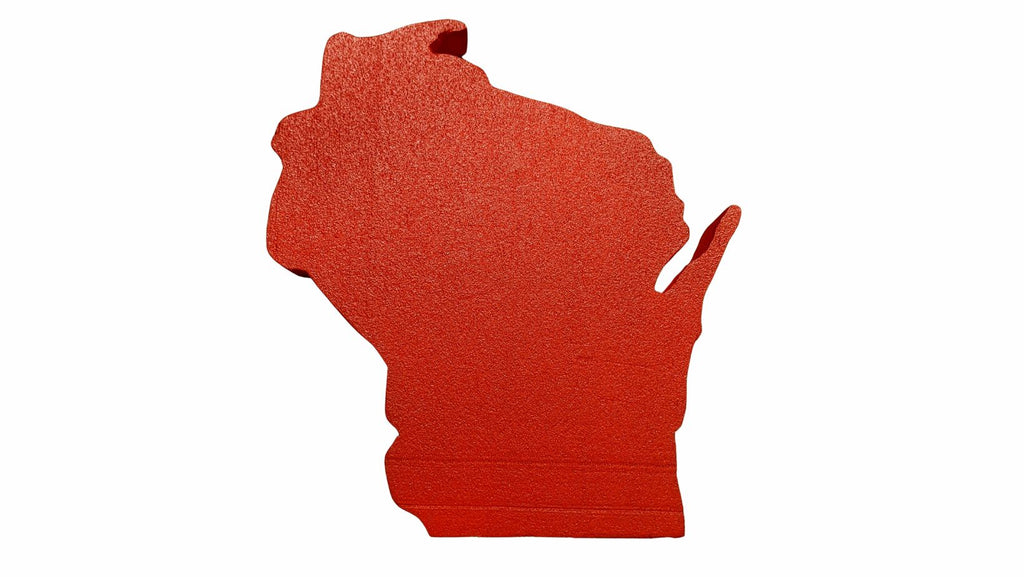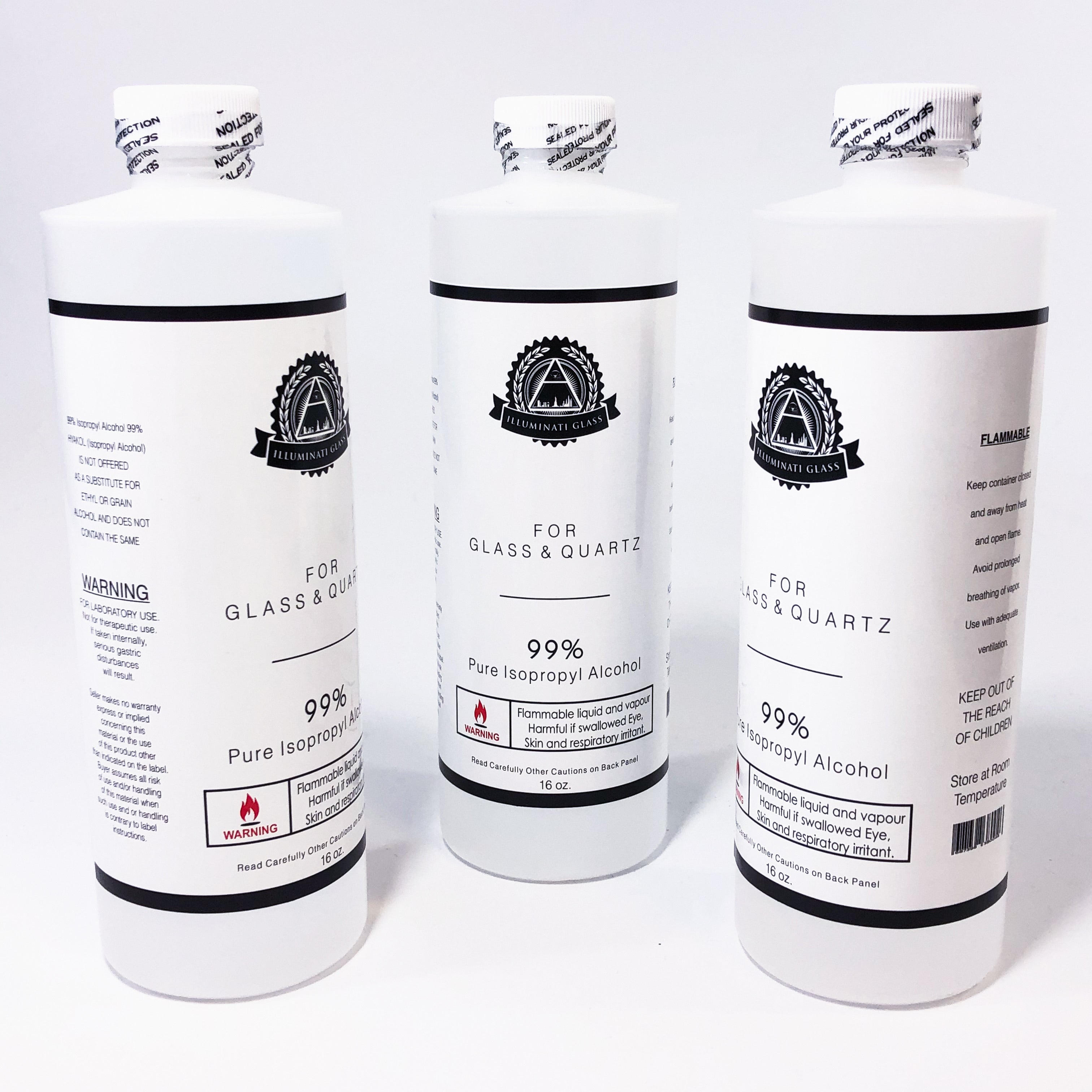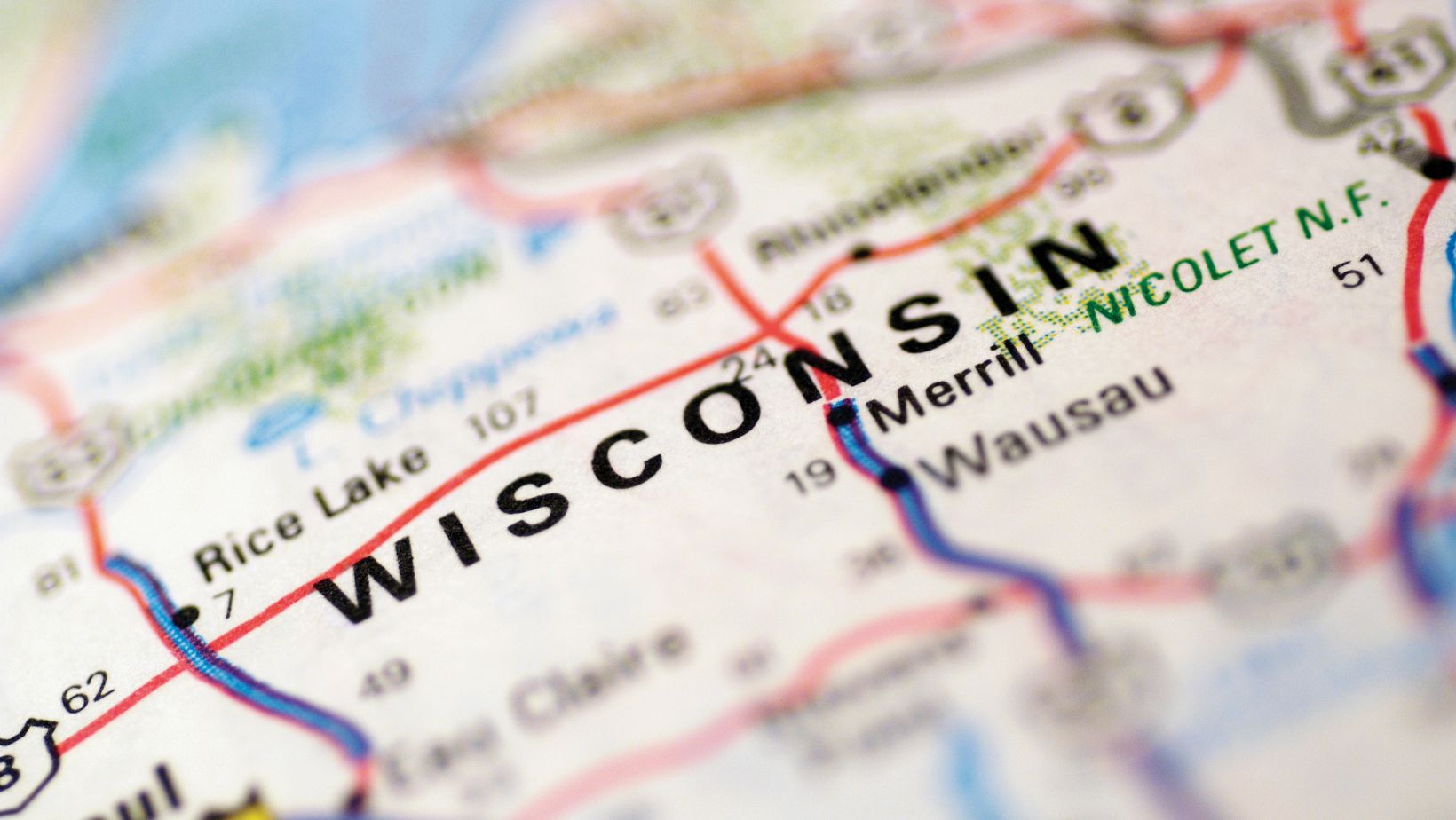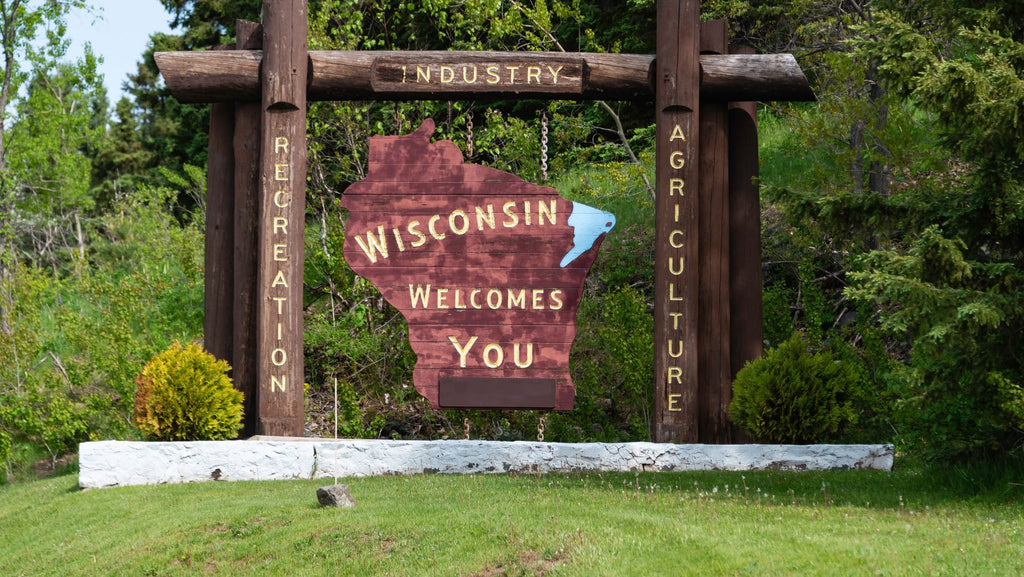Delta 9 Legality in Wisconsin vs Other States
The legal landscape for Delta 9 THC varies significantly from state to state, with Wisconsin's approach being shaped largely by federal guidelines and state-specific regulations. Understanding how Wisconsin compares with other states can provide insight into the broader national context of cannabis legality.
Delta 9 THC in Wisconsin
In Wisconsin, Delta 9 THC derived from hemp is legal, provided it contains no more than 0.3% THC on a dry weight basis, aligning with the 2018 Farm Bill. This makes hemp-derived Delta 9 products like oils, tinctures, and delta 9 gummies legally available to Wisconsin residents. However, Wisconsin does not allow medical or recreational marijuana, which limits access to marijuana-derived Delta 9 THC products.
Comparison with Other States
In contrast, the legality and availability of Delta 9 THC in other states can differ based on whether they have passed laws permitting medical and/or recreational marijuana:
-
California and Colorado: Both states are well-known for their progressive stance on cannabis. They allow both medical and recreational use of marijuana, thus legalizing Delta 9 THC from both hemp and marijuana sources.
-
Texas: This state has restrictive cannabis laws, with only hemp-derived Delta 9 products containing less than 0.3% THC being legal. Marijuana remains illegal, even for medical use.
-
Florida: Florida permits medical marijuana, allowing patients with certain qualifying conditions to use marijuana-derived Delta 9 THC. Recreational use, however, remains illegal.
-
New York: Recently legalized recreational marijuana, allowing the legal use of marijuana-derived Delta 9 THC alongside hemp-derived products.
-
Ohio: Medical marijuana is legal, permitting use of marijuana-derived Delta 9 for qualifying medical conditions, but recreational use is not allowed.
Comparison Table
Here’s a table summarizing the legality of Delta 9 THC in Wisconsin compared to other selected states:
| State |
Hemp-Derived Delta 9 Legal |
Marijuana-Derived Delta 9 Legal |
Medical Marijuana |
Recreational Marijuana |
| Wisconsin |
Yes (≤0.3% THC) |
No |
No |
No |
| California |
Yes (≤0.3% THC) |
Yes |
Yes |
Yes |
| Colorado |
Yes (≤0.3% THC) |
Yes |
Yes |
Yes |
| Texas |
Yes (≤0.3% THC) |
No |
No |
No |
| Florida |
Yes (≤0.3% THC) |
Yes (Medical only) |
Yes |
No |
| New York |
Yes (≤0.3% THC) |
Yes |
Yes |
Yes |
| Ohio |
Yes (≤0.3% THC) |
Yes (Medical only) |
Yes |
No
|
Shipping Delta 9 Products to & From Wisconsin
Shipping Delta 9 THC products in and out of Wisconsin involves navigating a complex landscape of both federal and state regulations. According to the 2018 Farm Bill, it is federally legal to ship hemp-derived products across state lines if they contain less than 0.3% Delta 9 THC.
However, as marijuana remains federally illegal under the Controlled Substances Act, shipping marijuana-derived Delta 9 products is prohibited. In Wisconsin, hemp-derived Delta 9 THC products align with federal guidelines, allowing legal shipping as long as they adhere to the THC concentration limits.

It's important for businesses and consumers to carefully consider the legal frameworks that govern both the point of origin and the destination to ensure compliance. While Wisconsin permits the shipping of legal hemp-derived products, compliance with labeling, packaging, and carrier regulations is crucial to avoid legal issues.
Key Considerations for Shipping Delta 9 in Wisconsin:
-
Verify THC Levels: Ensure all products contain 0.3% THC or less.
-
Legal Compliance: Double-check compliance with both Wisconsin and federal laws.
-
Secure Packaging: Use tamper-evident, secure packaging to prevent contamination.
-
Clear Labeling: Include accurate labels showing THC content and hemp origin.
-
Carrier Compliance: Choose carriers that accept hemp-derived products.
-
Documentation: Include all necessary documentation such as lab results and hemp source certifications.
-
Check Destination Laws: Be aware of the cannabis laws in the destination state.
-
Stay Updated: Keep informed on regulatory changes that might affect shipping practices.
Considerations for Purchasing Delta 9 in Wisconsin
While purchasing Delta 9 in Wisconsin is legal, it's important to ensure the safety and quality of the products due to potential toxic residues from the extraction and production processes. When selecting hemp-derived cannabinoid products, several factors should guide your choice.
Selecting Organic Hemp
In Wisconsin, Delta 9 products must be derived from hemp. However, hemp plants can absorb both nutrients and toxins from their environment, including any pesticides or herbicides used during cultivation. To avoid ingesting these harmful chemicals, opt for products made from organically grown hemp that hasn't been treated with synthetic pesticides or herbicides.
Evaluating Extraction Techniques
The method used to extract hemp compounds greatly impacts the safety and quality of the final product. CO2 extraction is considered the safest and most effective method, though it may be more expensive. This higher cost often reflects a commitment to quality and purity over profit. Choosing a company that utilizes CO2 extraction methods is advisable for obtaining superior products.
Understanding Bleaching
High-quality hemp extracts usually exhibit an amber or pinkish hue. Some manufacturers bleach their products to achieve a clearer appearance, which may be mistaken for higher quality. However, a natural-looking color in hemp extracts is generally a sign of minimal processing. Avoid overly processed products and look for those that retain their natural color.
Importance of Lab Testing
Regardless of the extraction method used, lab testing is essential. Third-party lab tests help ensure that the products are free from harmful contaminants and accurately measure THC content, purity, and potency. This step is critical for verifying safety and compliance with legal standards.
Reviewing Customer Feedback
Research the reputation of the company by reviewing customer feedback on their website. Customer reviews can provide insights into product satisfaction, quality, and customer service experiences, offering a glimpse into the company’s business practices and how they treat their customers.
Conclusion
In conclusion, while Wisconsin has made strides in legalizing hemp-derived cannabinoids like Delta 9 THC, it remains one of the few states without a medical marijuana program.
The state allows the use of hemp-derived Delta 9 under strict THC content limits, aligning with the 2018 Farm Bill. This legal status offers residents a legal pathway to access certain cannabis-derived benefits. However, the broader context of cannabis legalization, including medical and recreational marijuana, still faces significant legislative challenges.
As neighboring states expand their cannabis policies, Wisconsin's conservative stance on marijuana continues to stand out. The future of cannabis legislation in Wisconsin remains uncertain, but the ongoing strong public support and repeated attempts to introduce reform suggest that change may eventually come.
For now, Wisconsin residents and stakeholders in the cannabis industry must navigate the existing legal framework, making informed decisions based on the current state laws.
FAQs
Can I grow hemp for Delta 9 production in Wisconsin?
Yes, you can grow hemp in Wisconsin if you are licensed under the state’s hemp program, which allows the cultivation of hemp for various uses, including the production of Delta 9 THC, as long as it contains less than 0.3% THC.
Are there any restrictions on the types of Delta 9 products available in Wisconsin?
In Wisconsin, Delta 9 products must be derived from hemp and cannot exceed 0.3% THC by dry weight. Products typically include oils, tinctures, gummies, and other edibles.
Can I sell Delta 9 products in Wisconsin?
Yes, you can sell hemp-derived Delta 9 products in Wisconsin as long as they meet the state and federal legal requirements, including the THC threshold.
Do I need a special license to sell Delta 9 products in Wisconsin?
Yes, businesses need to comply with state regulations, which may include obtaining specific licenses to sell hemp-derived products.
Is it legal to ship Delta 9 products to other states from Wisconsin?
Shipping hemp-derived Delta 9 products is legal under federal law if they contain less than 0.3% THC, but you must ensure compliance with the destination state’s laws, as they can vary.
What penalties exist for violating Delta 9 THC regulations in Wisconsin?
Penalties for non-compliance with Delta 9 THC regulations can include fines, business license revocation, and possibly criminal charges depending on the severity of the violation.
Can Wisconsin's laws on Delta 9 change soon?
While changes to laws are always possible, particularly given public support for broader legalization, any changes would depend on legislative action by the state government.
How can consumers verify the THC content of Delta 9 products in Wisconsin?
Consumers should look for products that include lab test results or Certificates of Analysis (COA) from reputable third-party labs, which confirm the THC content and compliance with legal standards.
















